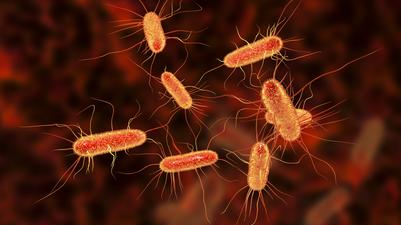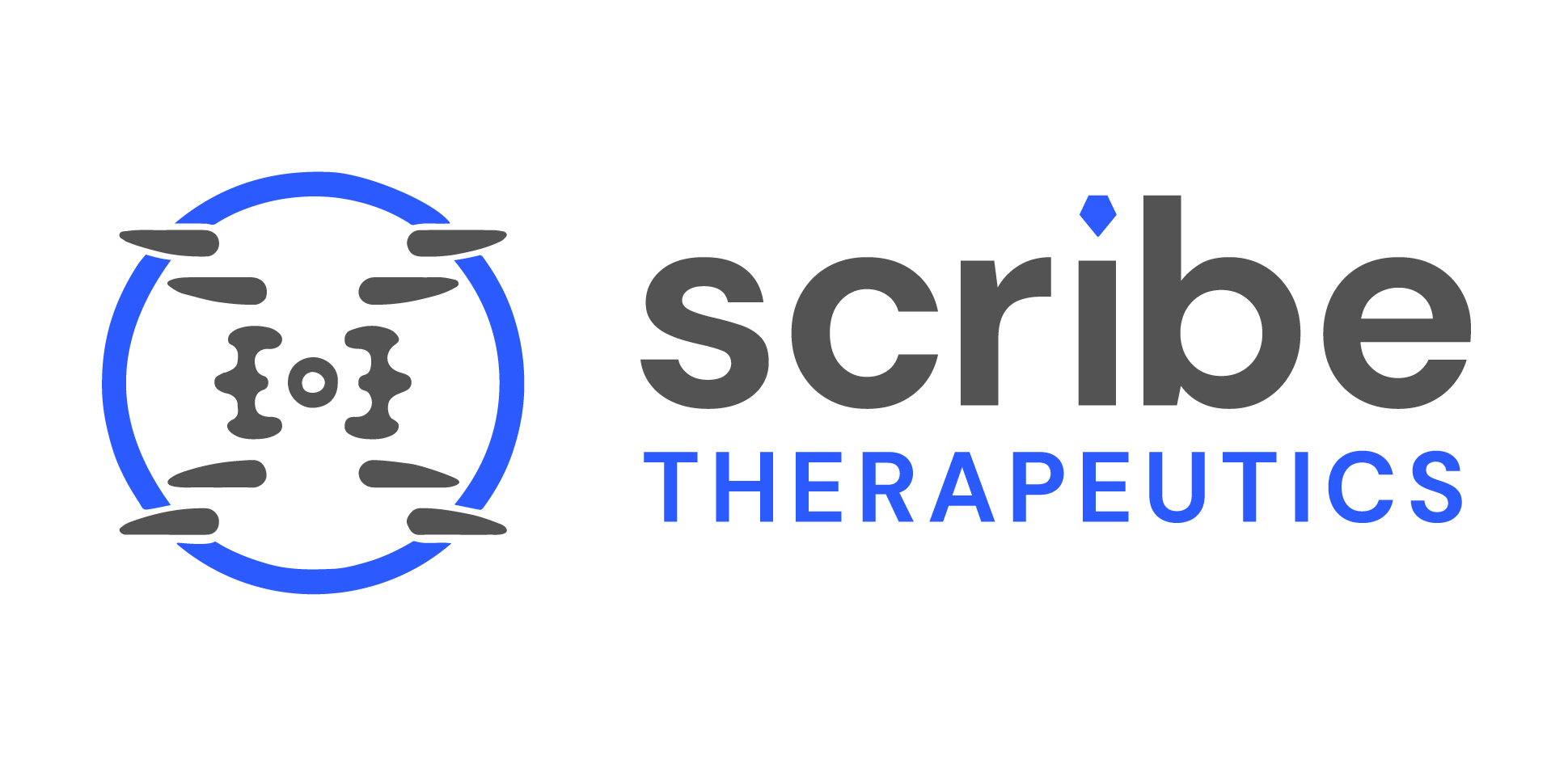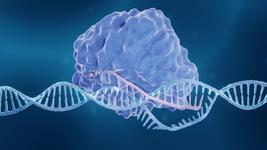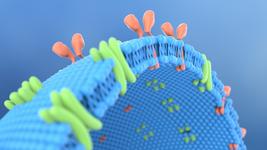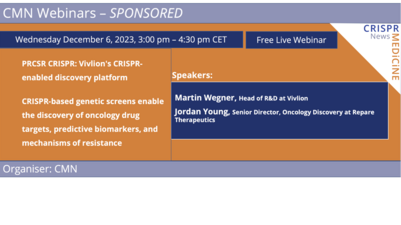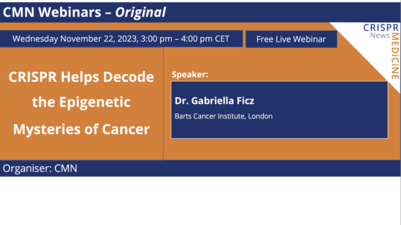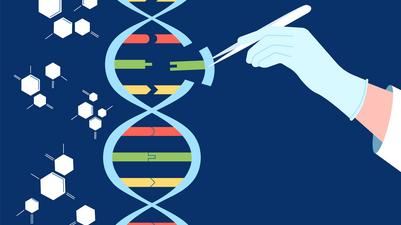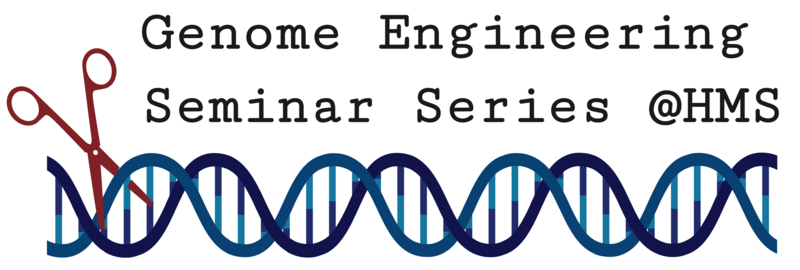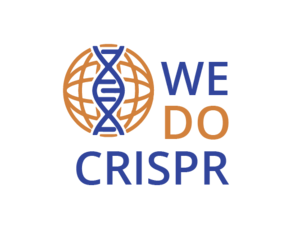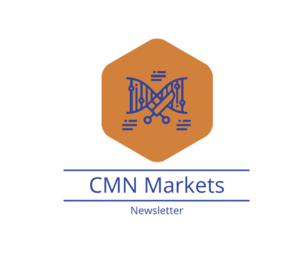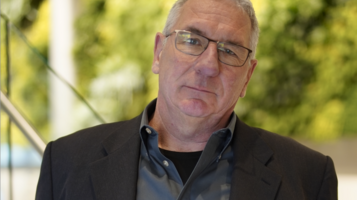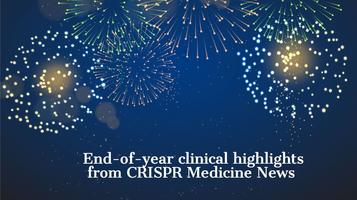CRISPR Medicine News
Business News
About CRISPR Medicine News
Welcome to CRISPR Medicine News.
We are a global independent online media writing about gene therapy and genome editing.
Read more.
CLINICAL TRIALS
IND Enabling
Phase I
Phase II
Phase III
Chronic Granulomatous Disease, CGD, (NCT06325709)
Sponsors:
National Institute of Allergy and Infectious Diseases (NIAID)
Sponsors:
National Institute of Allergy and Infectious Diseases (NIAID)
IND Enabling
Phase I
Phase II
Phase III
IND Enabling
Phase I
Phase II
Phase III
